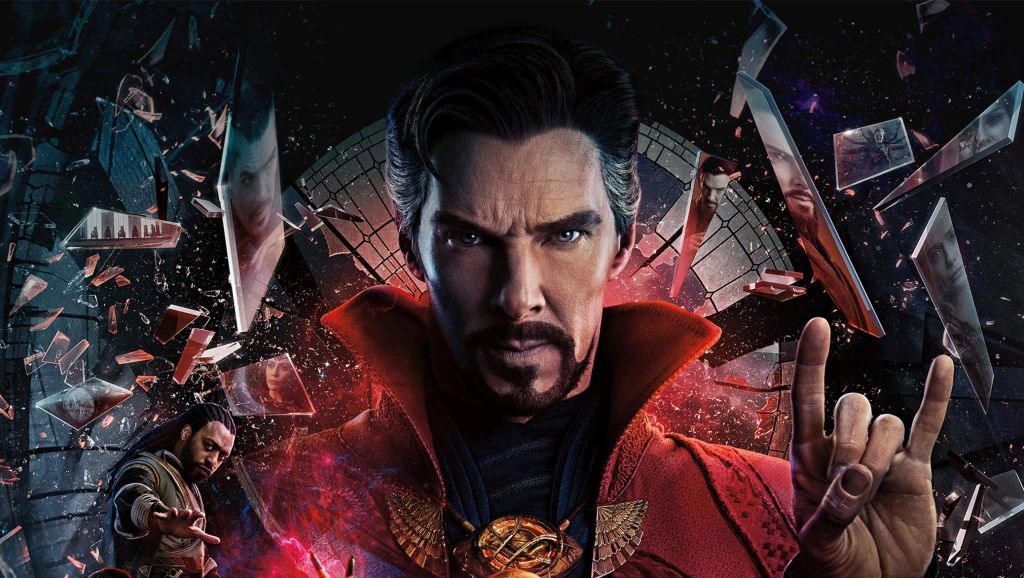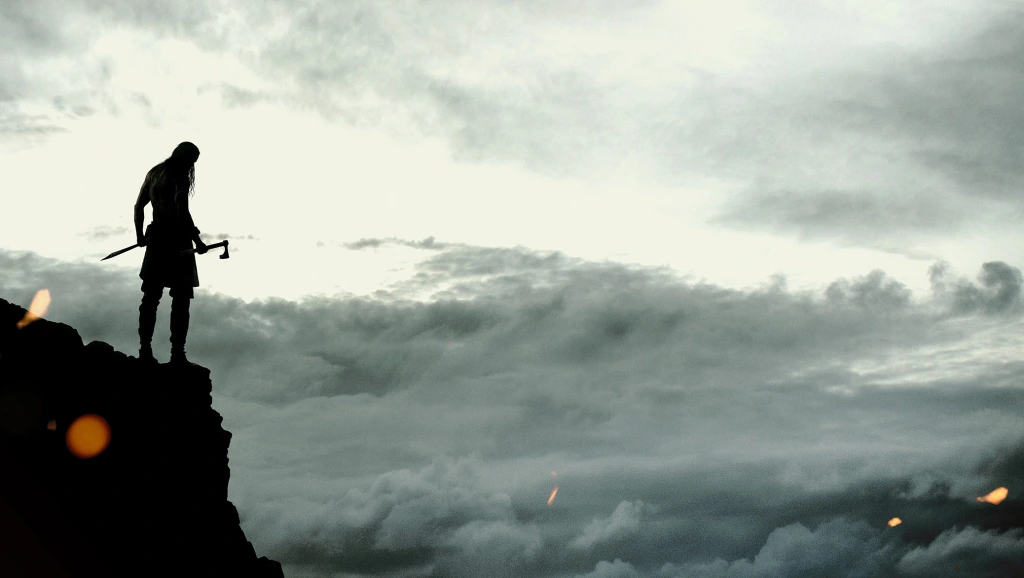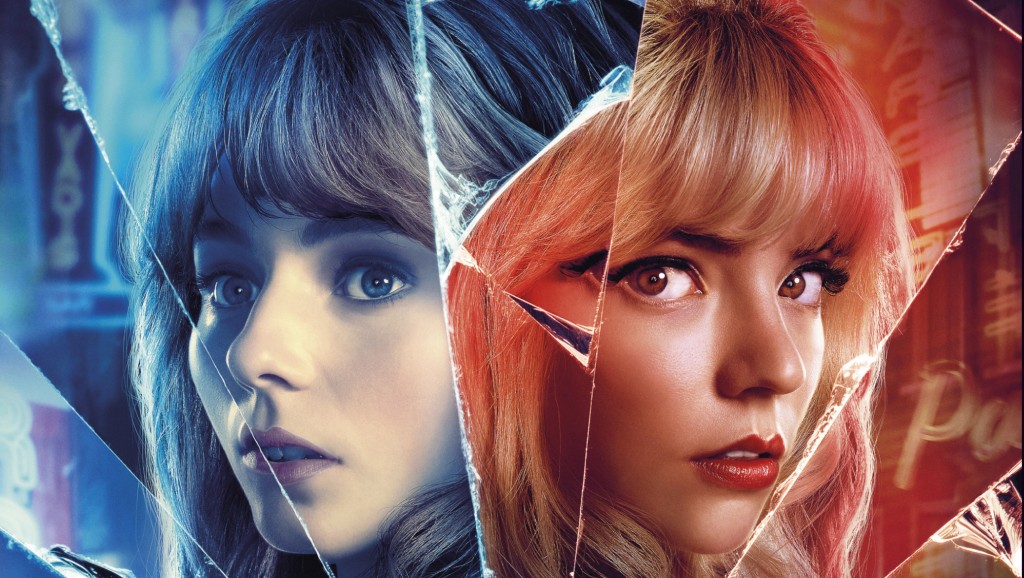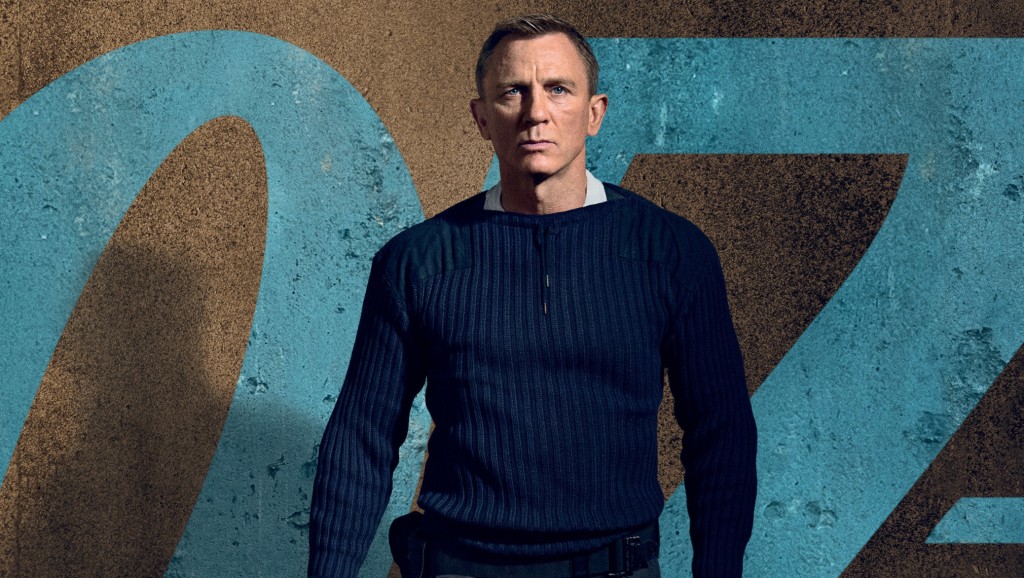To this day, I still don’t know why Quantum of Solace gets a bad rap.
I think in many ways, it’s a misunderstood Bond film. Does Quantum of Solace live up to the tension filled Casino Royale? Simple answer – no and I think that is where the uneasiness comes from. For many fans, Quantum of Solace would be a disappointment. Casino Royale raised the bar. Suddenly you could take Bond seriously once again without resorting to over the top fantasy elements. Bond was re-invented for the modern world and the film raised expectations, something that the current Bond film, Skyfall has to deal with now, especially when they prep for Bond 24.
But does that make Quantum of Solace a lesser film because of these factors? Simple answer – absolutely not.
As the shortest Bond film, I love Quantum of Solace purely for the fact it is Bond going ape sh*t for 90 mins. What’s not to like? The film is fast paced – people use this to criticize the film but it never bothered me, even when I saw it for the first time in the cinema. One way to look at it (and it may not entirely satisfy everyone) as Bond’s anger furiously vented at anyone who got in his way for getting his revenge for Vesper. Casino Royale is the genesis of Bond. He learnt that acting dispassionately would only get you so far. He learnt to care and how caring can you betray you. Vesper taught him that and if people are still b*tching about the lack of Q in both films, then they are clearly missing the point. Quantum of Solace represents the internal choices for Bond and it’s important in terms of his rebooted character development. Does Bond continue on the path of revenge, killing everyone in sight just because he was angry (and who wouldn’t be if placed in the same situation)? Or does he stay loyal to the mission and investigate the new threat – Quantum, this secret society of influential people who can dictate how the world is run? Throughout the whole film, Bond is clearly torn by this conflict and yet still remains faithful to the mission unlike in Licence to Kill where he was on his own without the official backing of her majesty’s government.
Whether this was intentional by director Marc Forster, there is something interesting in the final scene where Bond learns the truth about Vesper’s past. On the pavement leading to the apartments, there is a path, shaped like a crossroad. Was this just an oversight or was there a meaning to this? Whatever it is, I like to think that this was the moment, where Bond had to decide, not only what kind of agent he wanted to be but also what kind of human being he wanted to be. When confronted with the truth, he chose not to pull the trigger and let MI6 handle the situation. He shows the same type of mercy when he leaves Greene in the desert with nothing but a can of motor oil. Bond could have easily killed him but in Bond’s mind, Greene didn’t deserve a quick death. Greene’s punishment was waiting for him with his Quantum group. In the end, Vesper’s necklace is tossed into the snow like Mathis’s body was tossed into a dumpster in Bolivia. The people Bond once knew were gone. The physical trinkets only serve to bring up memories that won’t bring them back. So when Bond says, “I never left”, he finally understands the game. There are no winners or losers. The people Bond tries to help will always suffer or betray him because of the secrets that they hold or the risks that they take. But as long as Bond is still breathing, he can survive another day. It’s a harsh lesson but again Vesper taught him well. Bond finally found peace so he could finally live with himself. It is because of this, Quantum of Solace can’t be disregarded so easily (or according to Peter Travers from Rolling Stone, it’s the worse Bond film ever). Quantum of Solace is an extension of Casino Royale, a direct sequel in its own right. This is Bond evolving. You wonder why Skyfall is so perfect? It’s because the lessons he learnt from the previous two films, shapes him into the person that we all love and know – he comes full circle. He not only becomes a sympathetic character but a stronger one too.
There is also criticism at the villain of the film, Dominic Greene (Mathieu Amalric). Again I’m struggling to understand why. So Dominic Greene is not your theatrical villain. He doesn’t have a distinguishing mark such as Largo’s eye patch from Thunderball or three nipples like Scaramanga from The Man with the Golden Gun. Dominic Greene is the type of person who is charitable but underneath that cool exterior, he is incredibly deceptive. He can organize business deals during an opera, tell dictators how they should run their country and even do false deals with the CIA just so he can access the natural resources of Bolivia. When you think about that, Dominic Greene isn’t just some villain. Dominic Greene is the real world villain. He’s a corporate villain, working for Quantum. He’s just a villain that lacks presence (something I will admit to). He doesn’t live up to strong characteristics shown by Le Chiffre (Mads Mikkelsen) in Casino Royale, but Greene is a villain who is quiet, who works beneath the surface to reach his end goal. When bankers pocket their bonuses while millions lose their jobs and their homes, are the people responsible a Bond villain with a caricature distinguishing mark? No. Their faces are just like you and me and the only thing that separates us from them is our moral conscience and their power and money to exercise their control. Dominic Greene as a character embodies that. Do you still think he’s a weak villain now?
And if you think the plot is absurd, you should do a google search on the privatization of water in South America. Suddenly the threat that Bond faces are not random or made up or loosely adapted from Fleming’s book. The threat is real and provides a real life juxtapose of what’s going on in the world. Whether you like or not, films can provide that insight and it doesn’t matter whether it is all true or glamorized to beef up the story. The intent is still there. Again, do you still think Quantum of Solace is a bad film now? Quantum of Solace is how I imagined the sequel to On Her Majesty’s Secret Service if it came to fruition. I hope someday we get another story based on Quantum. I like to see where they go with them, especially when Mr. White is still lurking around. There’s certainly a possibility for it. Quantum of Solace may have faults, but the overwhelming purpose for Bond is a lesson he needed to learn. Quantum of Solace is about Bond dealing with grief but most importantly, Bond trying to forgive himself for what happened to Vesper. He couldn’t be the man he is in Skyfall without experiencing what had gone on in the past. Quantum of Solace highlights that.
The Countdown So Far:
- Introduction
- #23 – Die Another Day
- #22 – Diamonds Are Forever
- #21 – Octopussy
- #20 – The Man With The Golden Gun
- #19 – Moonraker
- #18 – Tomorrow Never Dies
- #17 – The World is Not Enough
- #16 – Live and Let Die
- #15 – For Your Eyes Only
- #14 – The Living Daylights
- #13 – You Only Live Twice
- #12 – Dr. No
- #11 – Thunderball
- #10 – A View to a Kill
Check back next week Wednesday to find out which Bond film comes in at #8






Don’t Be Shy – Leave a Reply